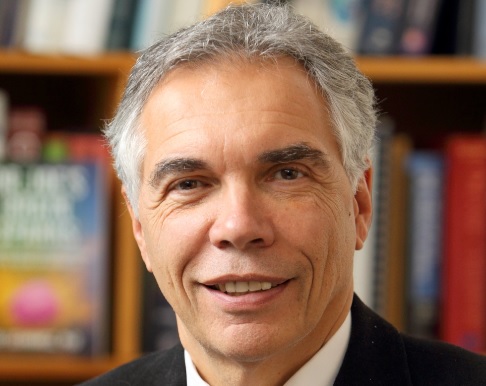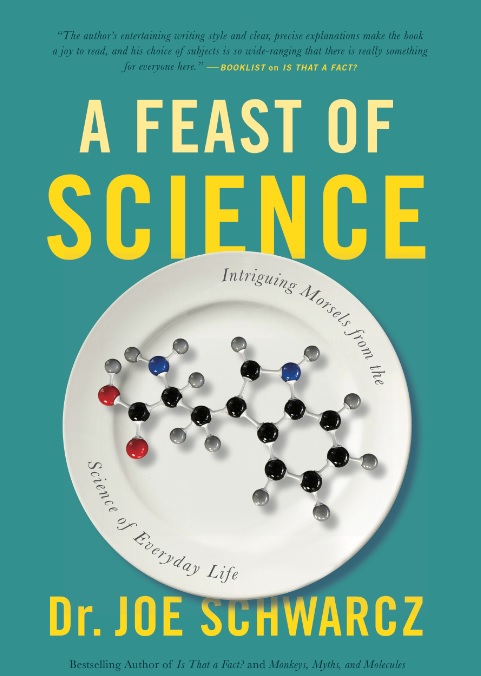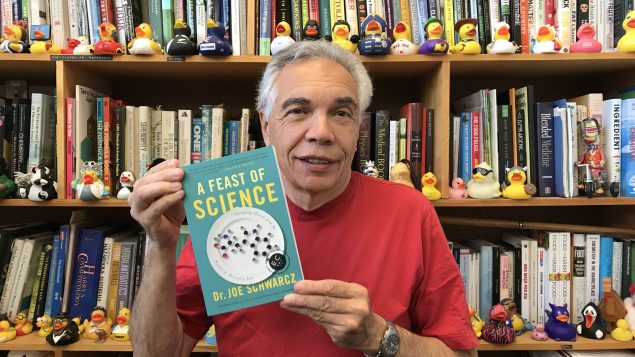At a time when so many people believe crazy things they read on the internet, a McGill University professor has written a book to explain science and why people should put their faith in that instead. No, explains Joe Schwarcz, drinking cabbage juice will not help you live until you are 400, nor will it regrow missing limbs, as someone claimed on a popular TV program.

Prof. Joe Schwarcz has spent decades explaining science to the public.
Separating sense from nonsense
“Over the years, I’ve become very sensitized to the importance of separating sense from nonsense,” says Schwarcz who is director of the Office for Science and Society at McGill University. This office was created to promote critical thinking and scientific information to the public, educators and students.
In the past, charlatans went from town to town peddling snake oil. Now, the practice is much easier with the internet providing broad access to gullible people.
Myths can be seductive, says professor
Schwarcz notes that the desperately ill are particularly vulnerable “It’s a lot more seductive to think that cabbage juice can cure your cancer than that you have to undergo radiation, chemotherapy or surgery…There are all kinds of bloggers out there who have declared themselves to be experts without any scientific background and they have answers to everything.”
In newspapers, on radio and TV, Schwarcz has answered questions about everyday concerns such as flame retardants in furniture, formaldehyde in cosmetics and benzene in soft drinks.
His latest book carries on discussing various popular issues. He explains how science works and why people should trust peer-reviewed studies rather than the bloggers. The book is called A Feast of Science: Intriguing Morsels from the Science of Everyday Life.

Published by ECW Press.







For reasons beyond our control, and for an undetermined period of time, our comment section is now closed. However, our social networks remain open to your contributions.